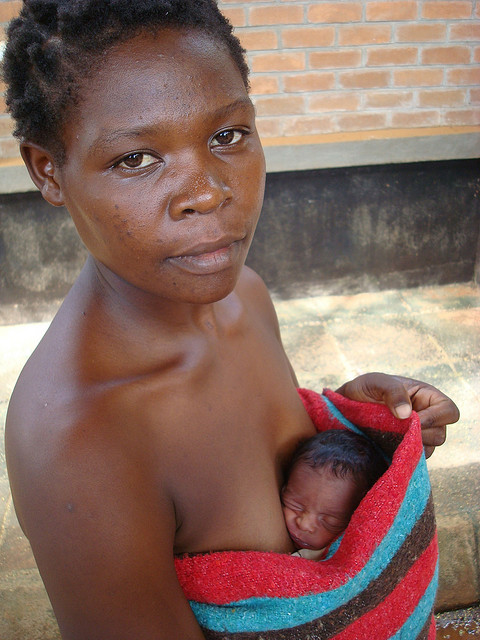Kangaroo Mother Care
A third of low birth weight babies die within the first twelve hours after delivery, largely because they get cold very quickly, causing them to stop feeding and leaving them more susceptible to infection. Fortunately, Kangaroo Mother Care (KMC) is a proven, cost-effective intervention for reducing deaths in low birth weight and premature newborns by:
- Ensuring warmth via continuous skin-to-skin contact between the baby and mother (or a substitute caregiver, such as the father);
- Increasing nutrition by promoting frequent and exclusive breastfeeding;
- Providing infection prevention; and
- Enabling early discharge from health facilities with appropriate counseling and follow-up care.
In many settings, KMC is a more effective, practical and affordable method of care than incubators. Yet despite the clear benefits of the practice — and its endorsement by the World Health Organization for the care of preterm infants — it is still not routinely available and accessible in many developing countries.
To significantly contribute to the reduction of newborn death in these regions, it is imperative that KMC services be scaled up to cover most, if not all, hospitals and health centers where deliveries take place. Introducing and expanding KMC services on a national level requires commitment from the government, local professional bodies, local leaders, international organizations, and nongovernmental agencies.
MCSP worked to catalyze and support KMC by working with ministries of health and stakeholders to:
- Develop and adapt national KMC policy and guidelines;
- Create plans of action for KMC implementation and scale up;
- Train service providers and improve quality of care;
- Increase support for KMC among providers and in the community; and
- Monitor and evaluate KMC services.

